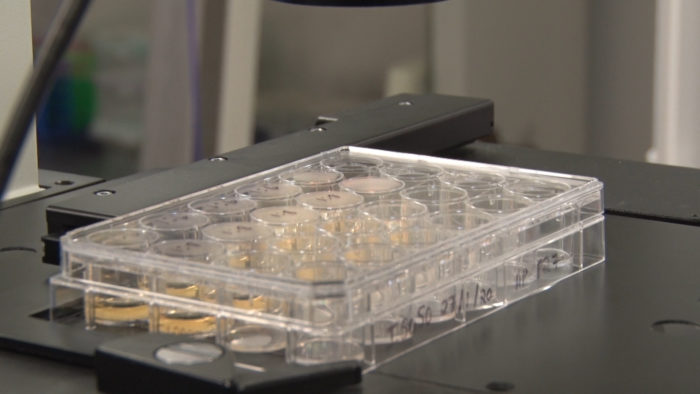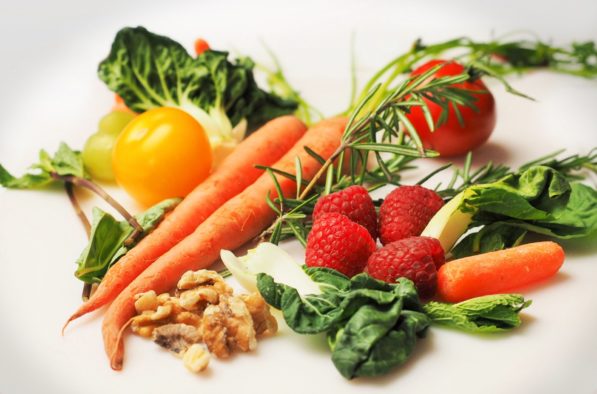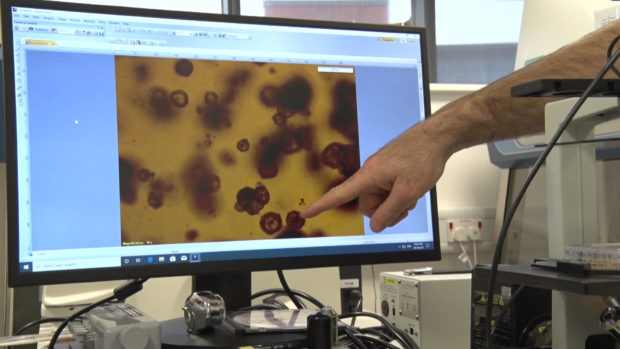Scientists at the European Cancer Stem Cell Research Institute at Cardiff University have been working on detecting and preventing bowel cancer by growing mini human guts.
Dr Lee Parry is a research fellow at the institute based in the Hadyn Ellis Building in Cardiff. His field focuses on the prevention and early detection of bowel cancer.
He says that understanding the relationship between what we eat and the risk of developing cancer is the core focus of their current research. Their work has made them aware that the absence of certain food groups, such as fruit and fibre, can have as much of an impact on your chances of bowel cancer as keeping bad things in your diet.

By growing mini human organoids or ‘guts’ researchers can learn what types of food are more likely to lead to bowel cancer. The 3D spheres replicate the cell types of a normal gut and can be tested against different dietary components. The guts, made from human stem cells, will help scientists recognise the relationship between groups like fruit, fibre and haem from red meat and cancer.
“It’s crucially important we grow those mini organoids from a stem cell. We know that bowel cancer will start in a stem cell, so we can look at the very cells in which cancer will start and see how it responds.”
Dr Lee Parry, ECSCRI

Dr Parry says that whilst new experiments better their understanding of how cancer develops, a balanced healthy diet is the best way to reduce the risk of bowel cancer.
“The message we’ve been given between diet and health hasn’t really changed over the last 20-30 years – it’s still a balanced diet. The problem is we’re all different. We’re all unique. A balanced diet reduces your risk of getting cancer.”
Dr Lee Parry, ECSCRI


